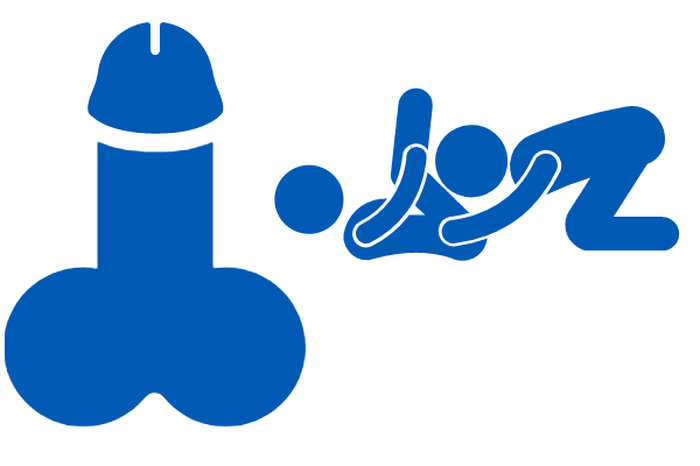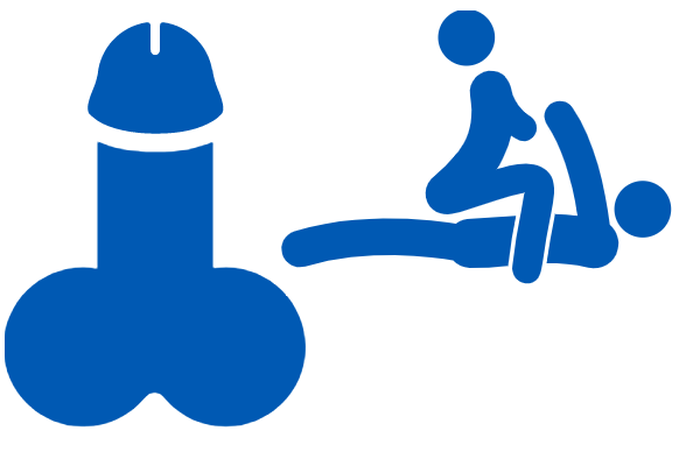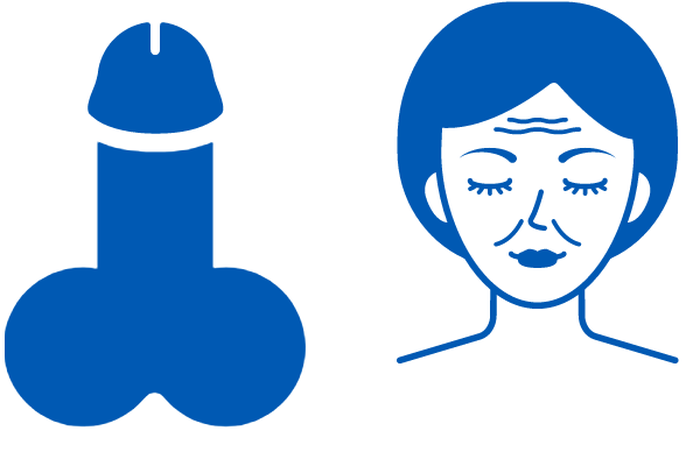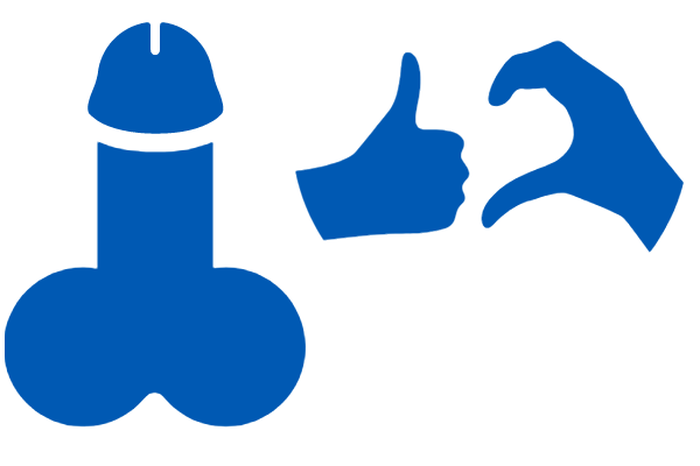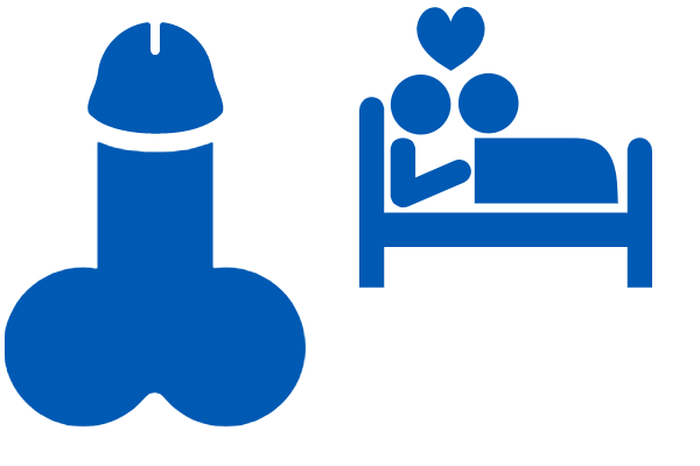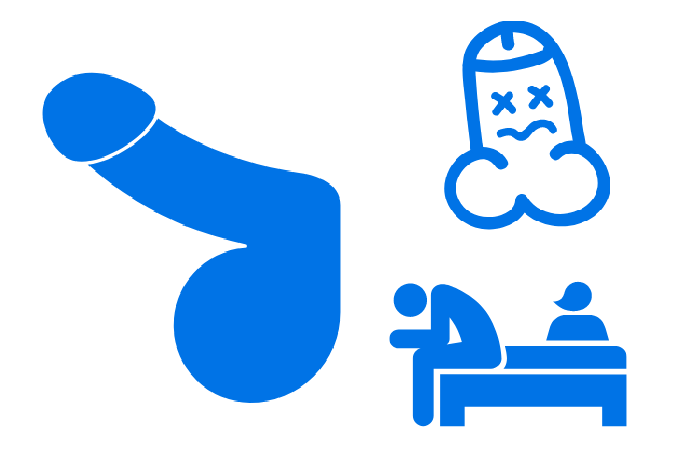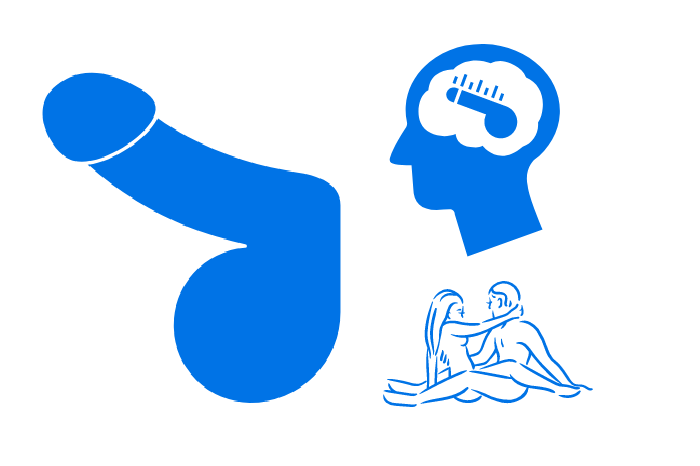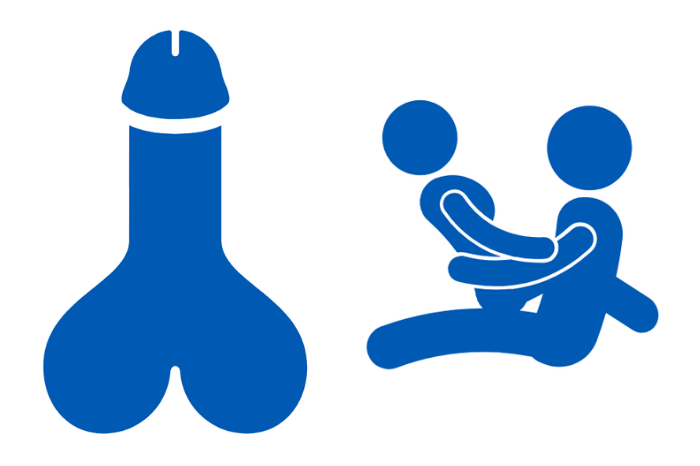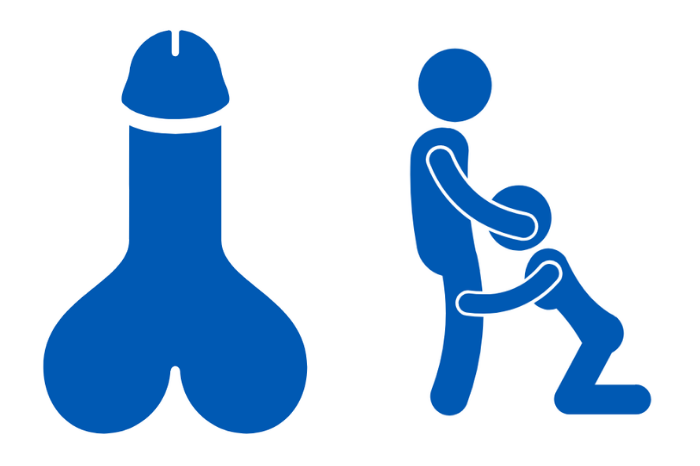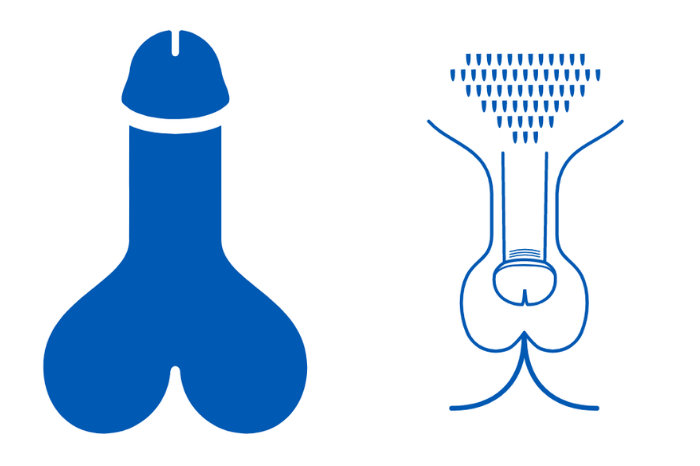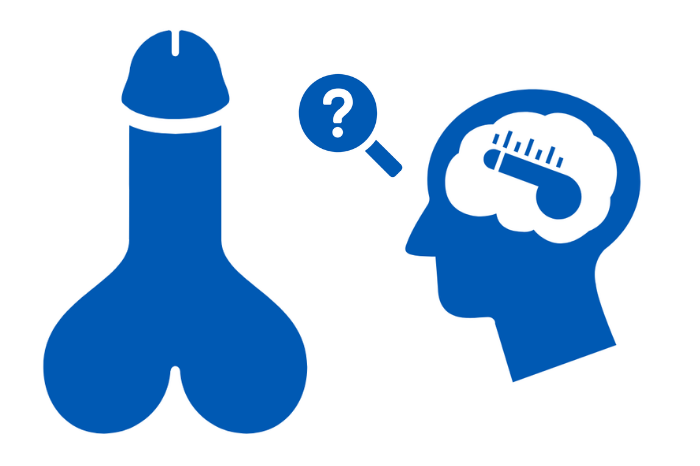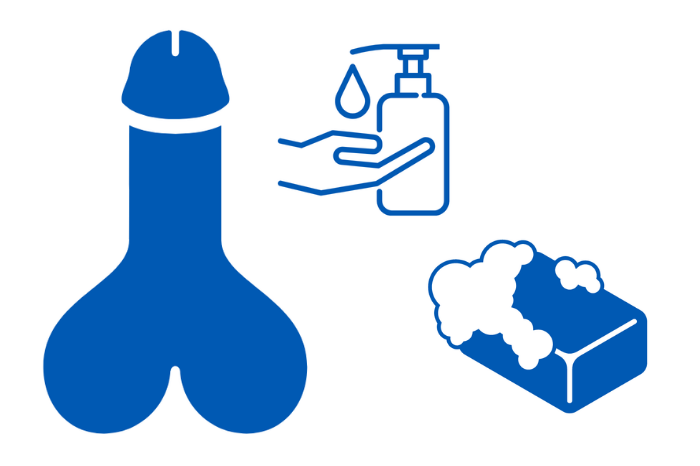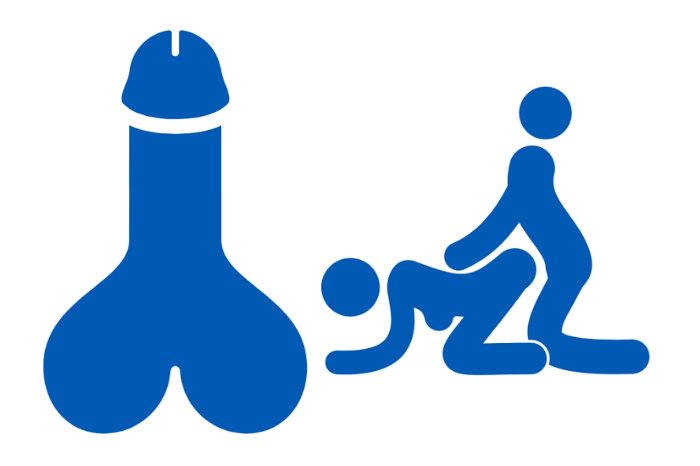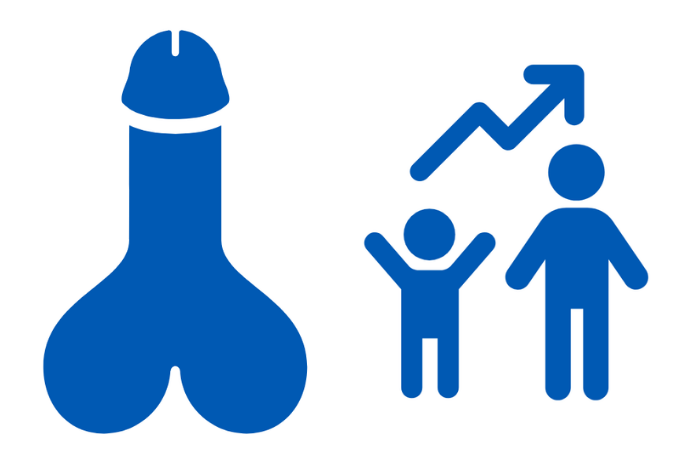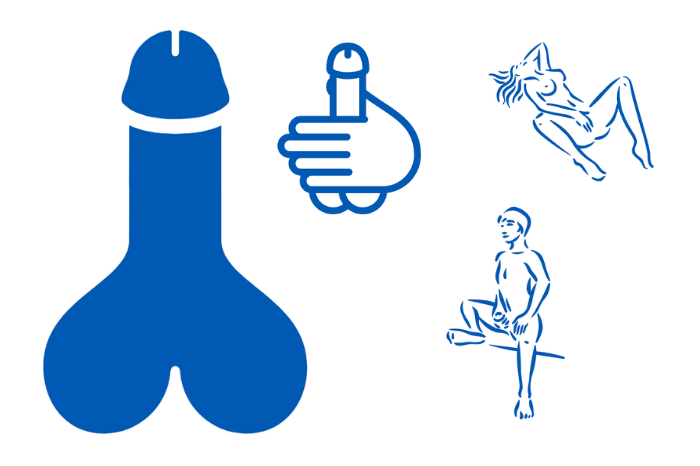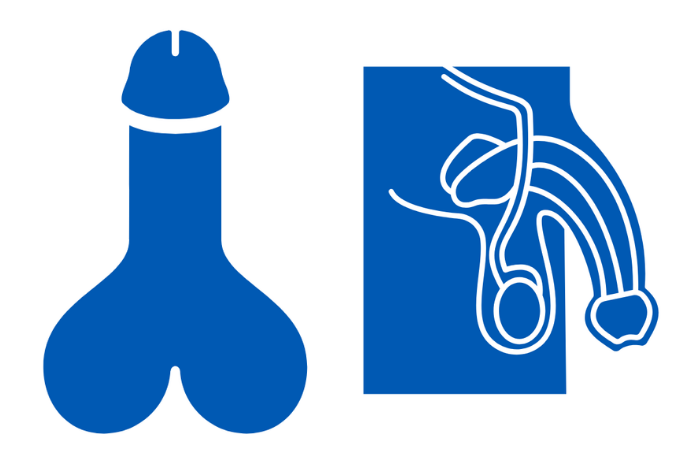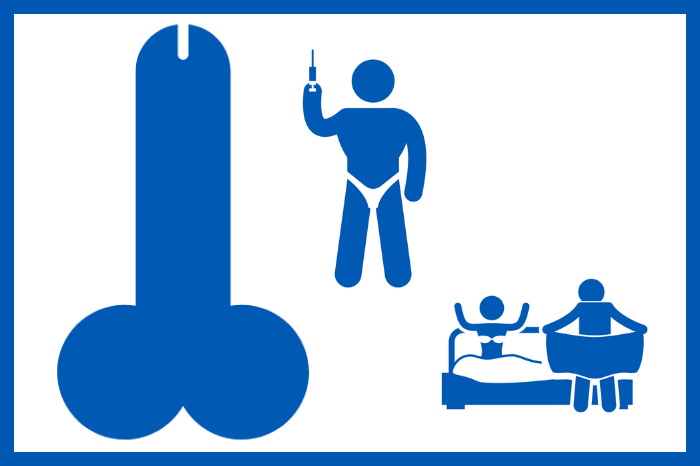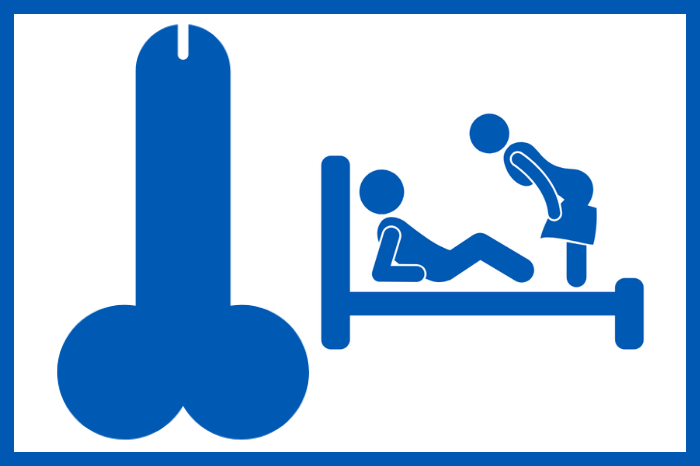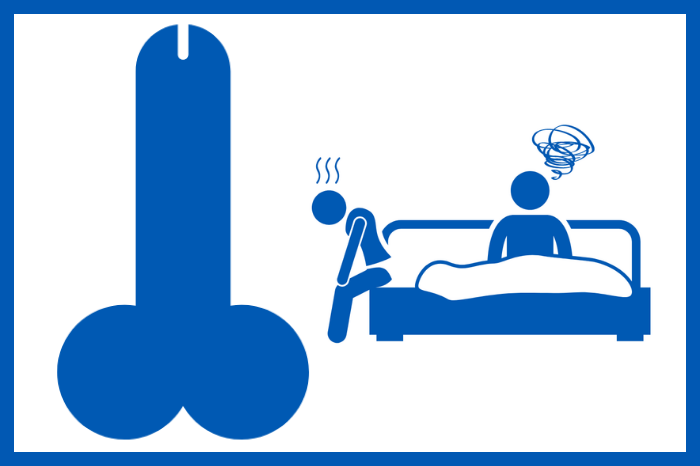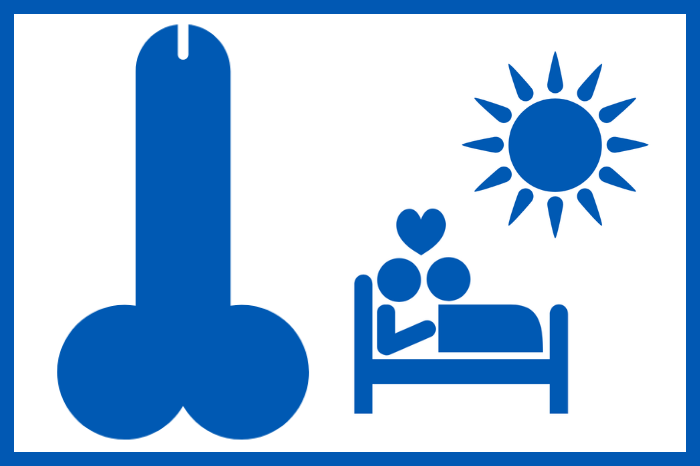How to have a completely happy relationship?
Relationships, like any human social interaction, are quite messy. They have different ways of succeeding, there are different ways we think they succeed, and a million different ways they fail. But there is an underlying pattern in relationships. Certain elements establish a strong emotional connection and a stable relationship, while others destroy it.
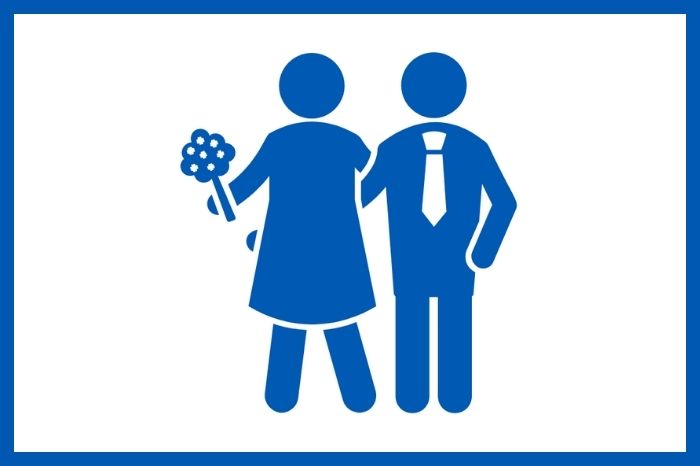
It's like Leo Tolstoy's quote: "All happy families are alike; every unhappy family is unhappy in its own way." So let's explore the elements that create a "happy relationship," but to do that, we need to address the types of relationships we have. There are three different types of relationships: codependent, independent and interdependent.
Codependent relationship
Around 90% of people in the world experience codependent relationships in their day-to-day interactions. These codependent relationships are not just a classification for romantic relationships, but also for every relationship we have. Family, friends and even business relationships can fall into this category.
A codependent relationship is one in which both parties are not good enough or complete on their own, so they need to find someone else (a family member, a friend, or a boyfriend or girlfriend) to fill a void in them and make them happy. them in one piece.
If that sounds romantic in your head, it means the mainstream media has succeeded. Every romantic movie we've seen has had a codependent relationship as the main type of relationship. And even worse, they show this type of relationship as being successful, happy and fulfilling! This is one of the most harmful things there is.
Because there are tons of guys like you and me who grew up thinking that these movies showed us what we need to know and how we should behave to be happy. And the movies always portray some super insecure guy who miraculously gets the girl, loses the girl, and gets the girl back, all the while having so much drama surrounding him, her, and the entire relationship.
But the reason Hollywood portrays it this way is because of the drama. A codependent relationship is full of drama, crazy and unexpected things happening all the time. They're just fun to watch because there are a million reasons why they could go wrong (remember the Tolstoy quote).
But let's see what actually creates a codependent relationship.
We all have, in one way or another, a codependent relationship. When you are a child you are not self-sustainable, meaning you need your parents to give you shelter, provide you with food and water just so you can survive.
But the problem occurs when we transfer this type of behavior into our relationships later. When you are starting to grow up and still display the behaviors of a child, you will certainly end up in a codependent relationship, if not with your parents, then with other people around you.
Codependent people are not self-sufficient, they generally live in a state of lack of control over their lives, they have a deep victim mentality (someone else is responsible for my life) and they complain a lot. This means that all of our needs must be met by someone else, because we as individuals are not capable of doing it ourselves.
We are looking for someone who loves us because we don't love ourselves. We look for someone to give us a job because we want someone else to be responsible for us. We look for friends who will only tell us good things, because otherwise our self-confidence would shatter.
And when you turn left and right, you see people like this everywhere, all the time, right?! The reason for that is because it's easy!
If I told you right now that it's not your fault where you are in life, you would feel at ease. Because there would be someone else we could point the finger at. But if I told you that it's not your fault where you are in life, but it's definitely your responsibility, you wouldn't be so calm. Because you wouldn't be able to point the finger at anyone but yourself.
A codependent relationship is the same - you always blame the other person when things go wrong, they never love or respect you enough, and all the blame for everything in a relationship is always theirs.
Independent relationship
When you take responsibility for everything that happens in your life, you will reach stage 2 - the independent relationship. We finally got out of the biggestpeople and we entered a small part of the population; A mere 10% of people experience independent relationships.
Some people would call this a scale where the extremes are codependent and independent relationships, but I disagree. And the reason is because one needs to grow as a person to achieve an independent relationship, whereas codependents are a default state of the world.
We have an independent relationship when both sides are completely independent and can cover all their needs almost alone. They have the deepest respect and love for themselves and are self-reliant.
An independent relationship is what happens when two people who work and grow meet and establish a relationship. This happens with friends and romantic relationships too.
That's when you internalize Jim Rohn's quote "The greatest gift you can give someone is your own personal development." I used to say, "If you take care of me, I'll take care of you." Now I say, I will take care of myself for you, if you take care of yourself for me."
But there are certain problems that occur here and it is related to independent people.
I'm going to tell you why it's 10 times better than codependent relationships, but 10 times worse than interdependent relationships, which we'll cover next.
When you took full responsibility for your life and saw the world as the place where you have control, everything changed. You started to see everything with different eyes and suddenly, you had control over your life. You became proactive, started new businesses and hobbies, and generally chose what you wanted.
You felt so powerful that you thought it was the best feeling in the world. You love and respect yourself, you have self-confidence and you think that is enough. But the problem is that you can't do everything alone. It's like the Werner Heisenberg quote that states "The first sip from the cup of natural science will turn you into an atheist, but at the bottom of the cup God is waiting for you."
You realize that there are certain areas of your life where you need to lose control and give up control. Because you can't do it alone and you need someone else to create something bigger with you. It's like finding your purpose. Although it appears to be your purpose, it actually is not, but rather something that belongs to a higher force in which you believe.
And when you give up control, you finally enter stage 3 - the interdependent relationship.
Interdependent relationship
And finally we come to the best of the best, the type of relationship practiced by only 1% of the world's population - the relationship of interdependence.
An interdependent relationship is one in which both sides are self-sufficient, love and respect each other, but decide to share their lives with another person to create a synergistic effect greater than the sum of its parts. This type of relationship is the answer to how to have a healthy relationship.
And the easiest example of synergy I could give you is having a baby. You have a man and a woman (who are two people) who raise a third person, a baby, which is something they couldn't do on their own, normally.
Interdependent relationships are a place of self-love and respect, not just for yourself, but for the other person. You didn't have to love the other person, you chose to love that person. You deliberately let this person into your life and decide to share yourself in the relationship. This is the biggest difference between an independent and an interdependent relationship. This is what happiness in a relationship means!
Independent people think they can do everything alone, while interdependent people know they can't and carefully choose people who can have a synergistic effect on their lives. It's about choosing with both your head and your emotions.
Let's take another example: if you love a girl, but she's been a drug addict for 3 years and hasn't managed several attempts at rehabilitation, do you stay with that person? If you do this, your relationship is codependent, where neither of you can count on each other because the drugs are taking their toll.
It doesn't mean you shouldn't be with people when they are having problems in life. Instead, you need to stay and help them, but only if you see that there is a desire to change that.
The last quote, or better yet, axiom, that I will use in this article is the famous Jim Rohn, "You are the average of the five people you spend the most time with." So be very careful who you spend your time with, because one way or another you will end up like these people.
Conclusion
We looked at the three different types of relationships - codependent, independent and interdependent. Now you have a wayclear about how to reach an interdependent relationship and saw the advantages of reaching this stage.
Having an interdependent relationship is the answer to how to be happy in a relationship in all areas and, of course, be happy in love.
